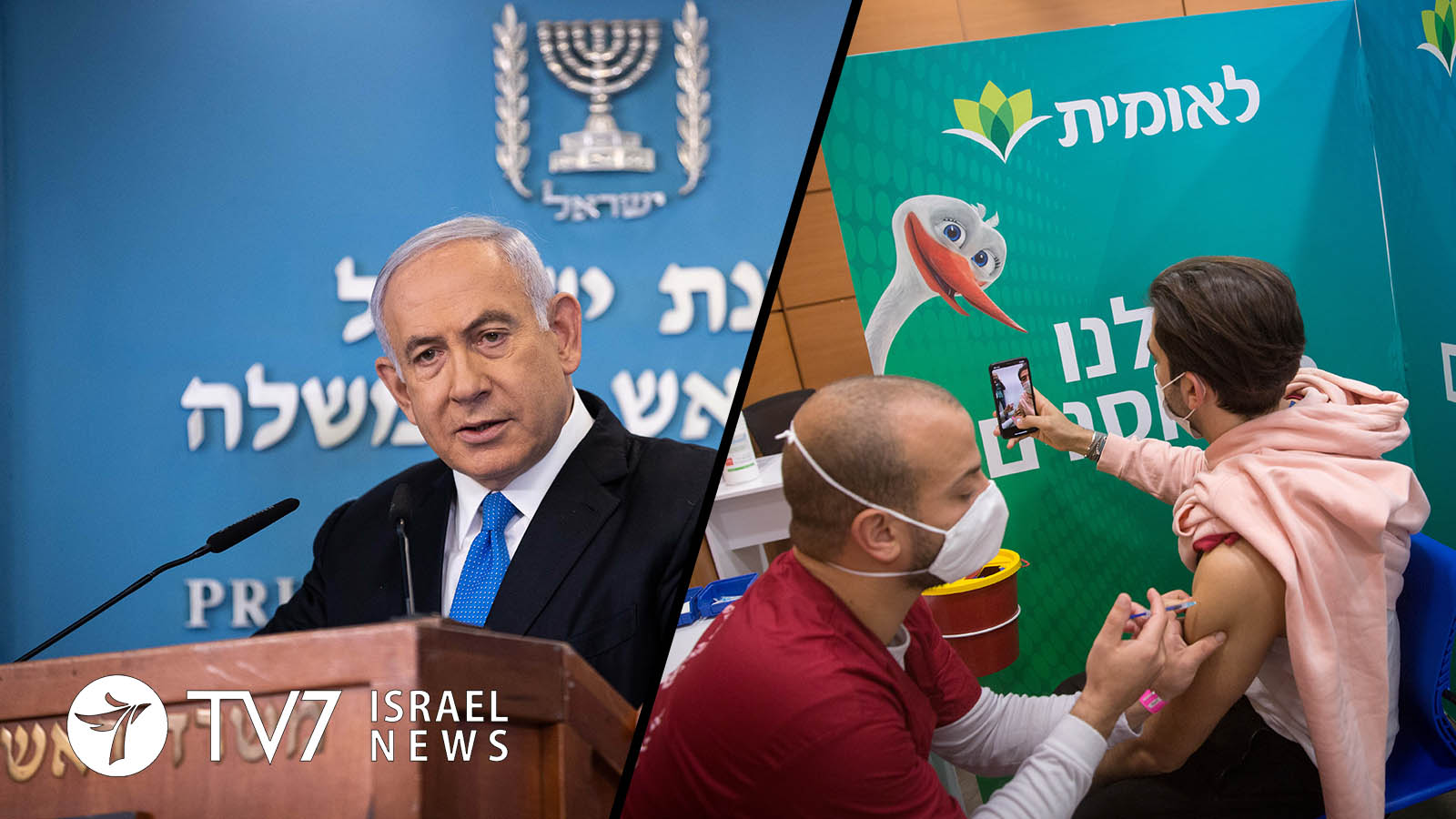Israel is planning a second round of COVID-19 vaccination in six months, by which time health authorities expect children to be approved for inoculation.
This, according to Prime Minister Benjamin Netanyahu, following the administration of both Pfizer/ BioNTech SE vaccines to more than 81% of Israeli citizens or residents over the authorized age of 16 in one of the world’s fastest and most effective campaigns.
Inoculating youngsters is considered a critical step toward reaching herd immunity and controlling the pandemic. 12- to 15-year-old Israeli adolescents will be part of the next phase immediately after approval of the United States Food and Drug Administration (FDA).
While the duration of immunity after vaccination is still being studied, initial data indicates that the Pfizer and Moderna vaccines remain effective for at least six months. Dr. Albert Bourla, the Pfizer Chief Executive, said people will ‘likely’ need a third booster dose within 12 months and may even require annual shots, and experts agree that yearly injections may be needed to counter rapidly spreading variants of the disease.
In televised remarks on Tuesday, Prime Minister Netanyahu said Israel had agreed with Pfizer and Moderna to buy 16 million more doses for the country’s 9.3 million population, adding: “We are preparing for another vaccination campaign in six months’ time.”
Moderna confirmed that Israel has secured a new COVID-19 vaccine supply agreement for 2022, in a deal that also gives the country the option to purchase doses of one of the company’s variant-specific vaccine candidates.
The announcement follows two earlier agreements between Israel and Moderna to supply a total of 10 million doses.
While Moderna’s booster vaccine is in the early trial stage, the company stated earlier this month that it expects to be able to produce injections against variants by the end of this year.
Israel has so far registered 8 cases of a coronavirus variant first identified in India. According to the Ministry of Health, 7 of the patients had recently returned from abroad.
Preliminary testing indicates that the Pfizer/BioNTech vaccine is at least partially effective against it.
“The impression is that the Pfizer vaccine has efficacy against it – albeit a reduced efficacy,” Health Ministry Director-General Hezi Levy told the Kan public radio broadcaster.
India first reported the novel variant, designated B.1.617, in late March. It contains two mutations: the E484K, which has been associated with immune escape by other variants, and the L425R which may increase transmissibility.
